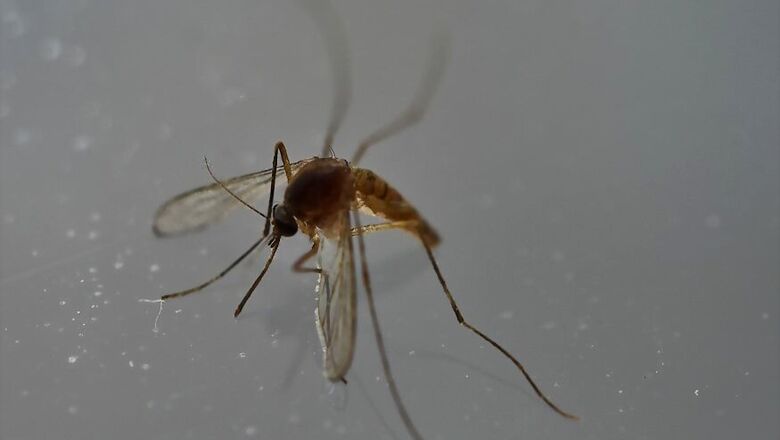
views
The mosquito-borne disease of Zika gained worldwide notoriety for its devastating effects on the cranial development of mothers who were infected during pregnancy. This resulted in children being born with microcephaly, or abnormally small heads. Even though swift action across the world helped slow down the spread of the disease, with the World Health Organization (WHO) declaring the emergency epidemic as officially over in late 2016, researchers have now found that a previously unknown Zika epidemic swept Cuba in 2017, as well.
Zika is caused by a virus transmitted primarily by Aedes mosquitoes, with symptoms including fever, rash, conjunctivitis, muscle and joint pain, malaise or headache. It was first identified in Uganda in 1947 in monkeys and was later identified in humans in 1952 in Uganda and the United Republic of Tanzania.
The discovery of Cuba's epidemic came suddenly by analysing the timing and spread of the outbreak in the Americas. According to a team of researchers led by on Isern and Scott Michael of Florida Gulf Coast University, Andrea Morrison of the Florida Department of Health, and Kristian Andersen of the Scripps Research Institute of La Jolla, California, study authors saw through reports of international travel-associated Zika cases kept by the Florida Department of Health and the European Centre for Disease Prevention and Control.
Speaking to Natural History Mag, Scott Michael revealed that they noticed a steady number of travel-related Zika cases that continued will beyond the epidemiological peak in the Western Hemisphere.
The research team found that in almost all of the Zika cases, the travellers had travelled from Cuba. They, subsequently, isolated blood samples of nine infected travellers and compared the sequence to an available Zika genome from mosquitoes in Cuba, identifying the origins and timing of individual infections and linking them back to a clandestine Cuban outbreak.
Called genomic epidemiology, it could prove a valuable tool in identifying and monitoring diseases especially in less developed countries. The study was published in the science journal Cell.




















Comments
0 comment